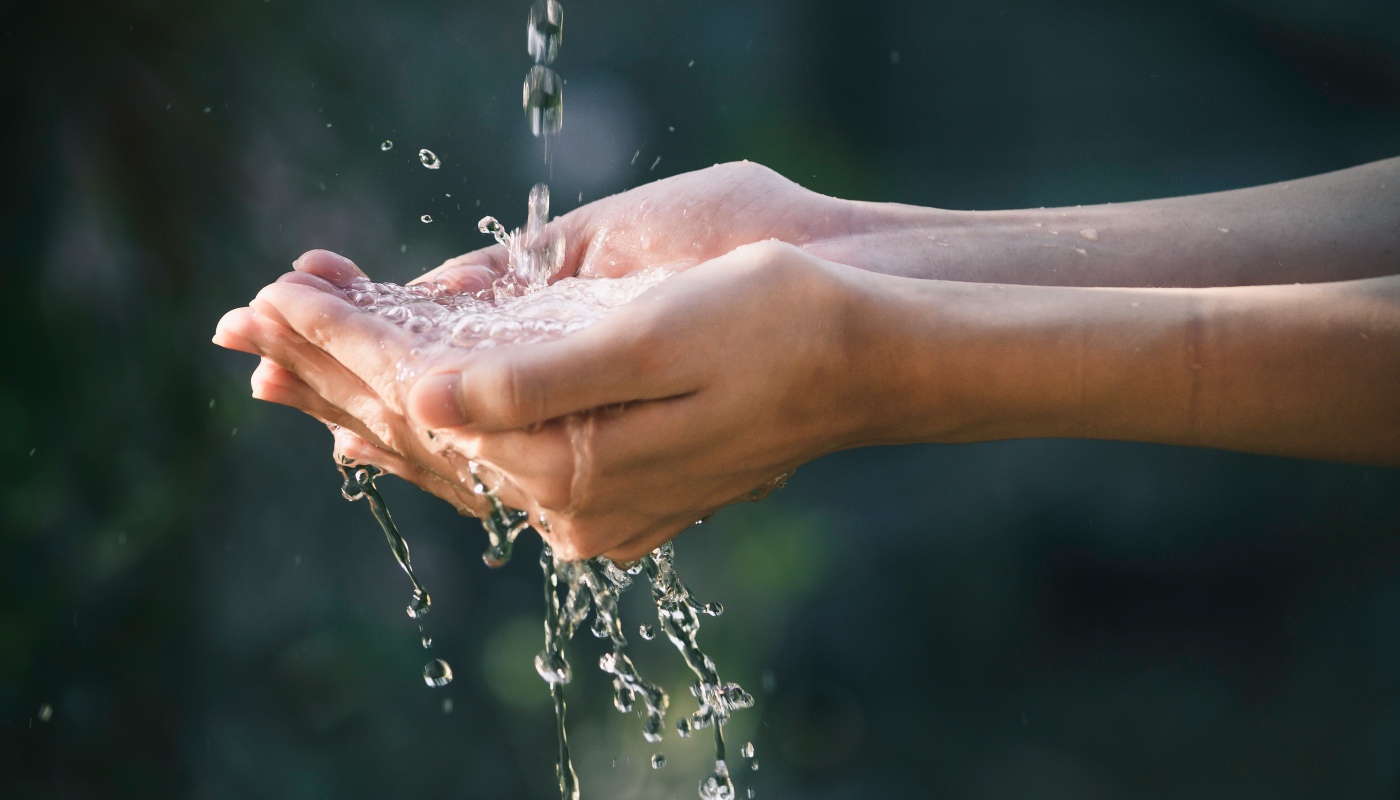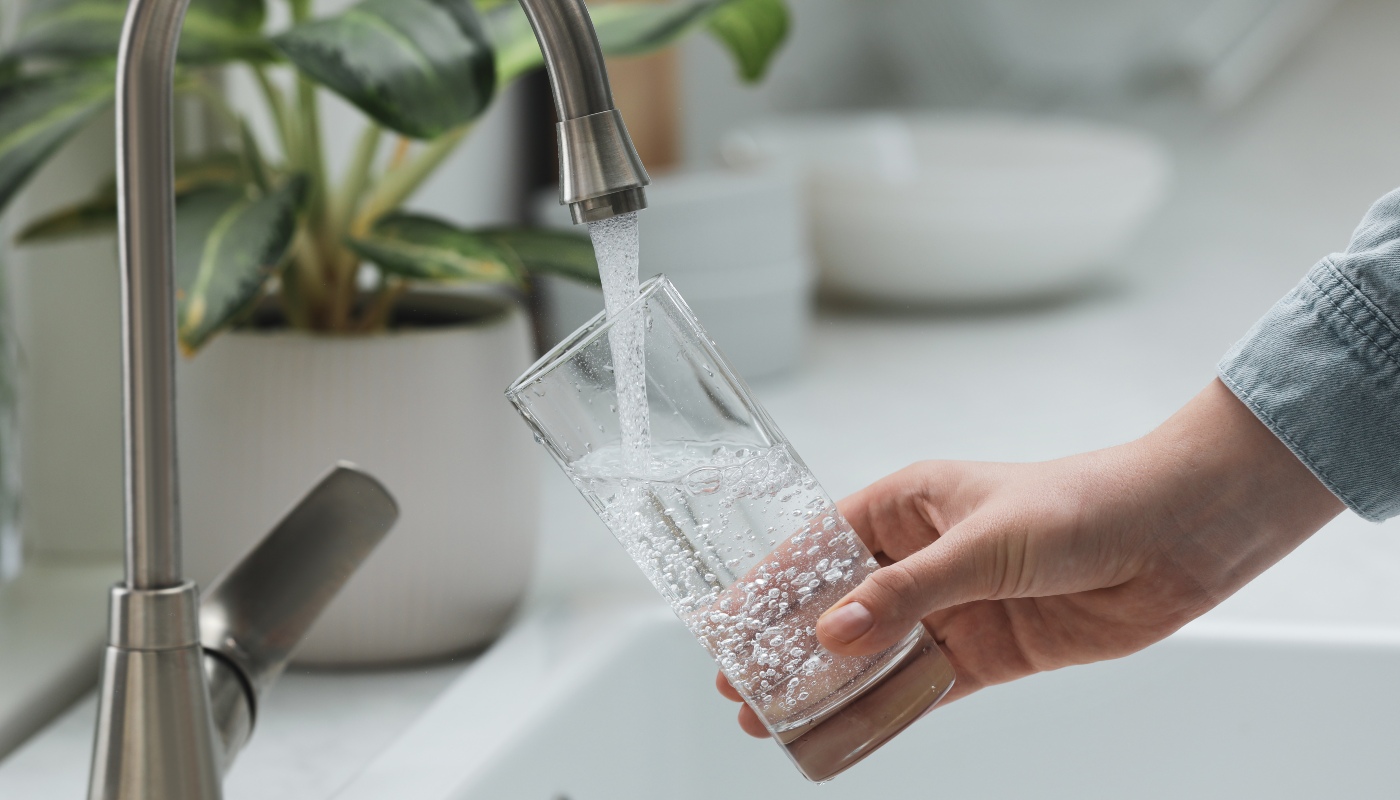The water challenge: tips for smart water consumption
Learn how to reduce consumption and use water efficiently. Discover practical tips to conserve this vital resource and contribute to caring for the environment.
IT’S ECO, IT’S LOGICAL
Share

Spain is currently in a drought due to a lack of rainfall and rising temperatures. Two notable consequences of climate change. That is why it’s so important to be aware of this problem and to implement measures in our daily lives that help to reduce water consumption.
Why is it important to take care of water?
Although the Earth is made up of 70% water, only about 2% is fit for human consumption. So, we must take care of this resource because it’s scarce and indispensable for life in different areas, such as health, nature and food. It’s a transversal and universal issue.
Moreover, in recent years the water demand has increased considerably due to population growth, urbanisation and economic development. As mentioned above, all these demands are intensified by climate change and extreme weather events. Today, more than 30% of the world's population lives in water-scarce countries.
For all these reasons, universal and equitable access to safe drinking water and improving its quality is one of the Sustainable Development Goals of the 2030 Agenda.

Sustainable practices for water conservation
Sustainable water management to ensure water is used efficiently must be adopted in areas such as agriculture, industry and tourism. The whole of society must act together to mitigate the effects of drought and water scarcity.
Some ways to save water in agriculture are by implementing smart irrigation systems, reducing pollutants, as well as pre-treating and reusing wastewater. In addition, new technologies are opening a door to the future with methods such as soil moisture sensors, which can improve irrigation efficiency.
When it comes to industry, a good way to contribute to water conservation is to implement real-time monitoring devices and install rainwater recapture systems.
How to achieve water efficiency at home?
- Check that you don’t have any water leaks in your home. To do this, you can check the number on the metre before you go to sleep and when you wake up. If the number has changed, there may be a leak. It’s also advisable to check the cistern, as some leaks are not visible to the naked eye. We recommend dying the water in the cistern with a harmless dye to find out if there are any leaks.
- Check all taps to make sure none are leaking, remember to turn them off whenever you are not using them and, of course, close off the water if you are away on a trip.
- Use the washing machine and dishwasher efficiently. We recommend that you use these appliances only when they are full and put them on a short programme. In addition, it’s important to check the energy labelling to make them as sustainable as possible if you are going to change them.
- Don't have a bath, take a shower. This seems like very basic advice, but it’s essential to follow it, since, according to Ministry sources, it accounts for one-third of household water consumption. It’s also essential to turn off the tap while soaping.
- Use dual-flush toilets and avoid using the toilet as a waste bin.
- Collect the spilt water while you wait for it to come out hot. You can use it for other things, such as watering plants or washing dishes.
- Install regulators on the tap flow. This will halve the amount of water you use and save you money.
- If you have a garden, use rainwater for watering, install efficient irrigation systems and water during the cooler hours of the day.






